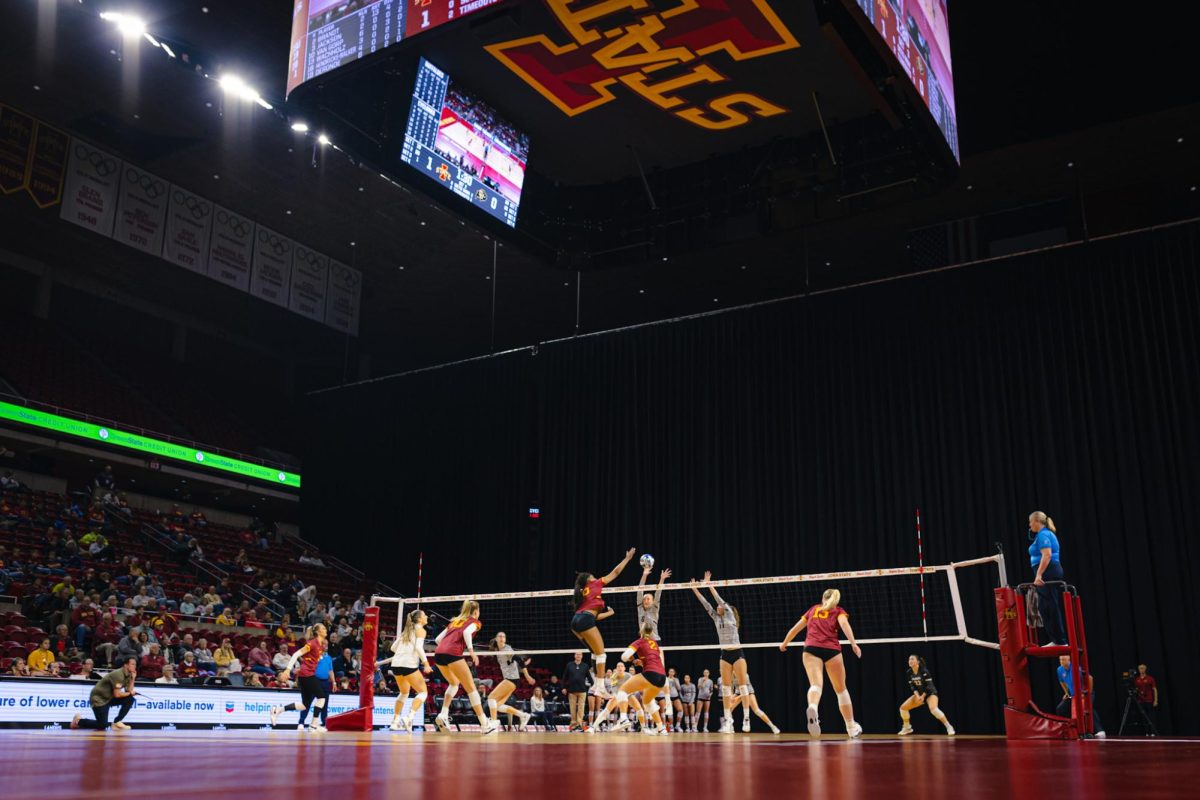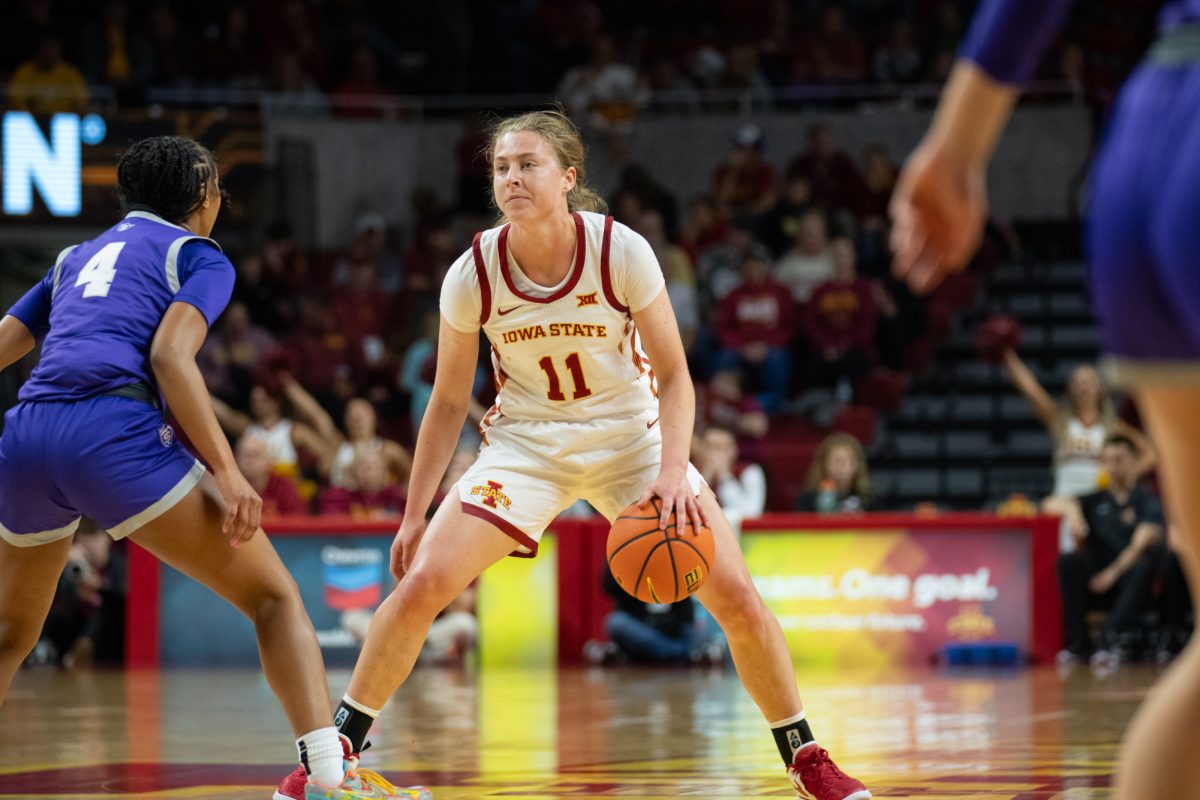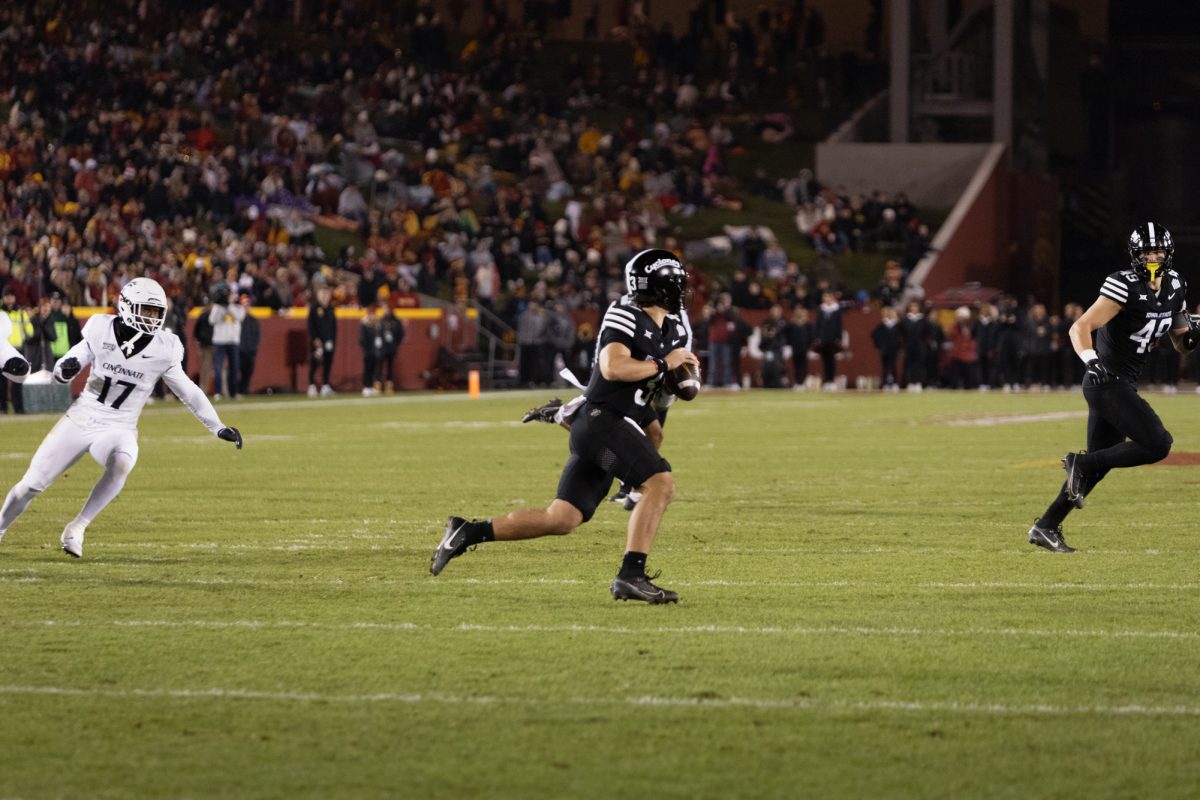LETTER: Courtesy will give students influence
April 10, 2005
Seeing how the shortened City Council term length vote (predictably) failed, and then the Daily Editorial Board (just as predictably) decided to scold ISU students for not voting (“Another victory for apathy,” April 7), I’m left wondering if anyone ponders just why ISU students don’t vote.
First of all, did it occur to anyone that maybe trying to make the term lengths half as long might seem somewhat antagonistic? I know retribution is more fun, but it’s not very effective.
Second, how does anyone expect to galvanize support for an issue the magnitude of shortening term lengths, when you have no other victories, large or small, to show people? You need to start small, building your support base, and slowly work your way up to the larger things.
Third, remember that politics is little more than a popularity contest. The more likable you are, the more you can convince someone to do what you want.
So, to that end, I have a few simple things that students might consider doing in order to improve their public image. With some luck, it just might improve resident-student relations. I’m focusing on Campustown, as it is probably the largest concentration of students in Ames.
- Pick up after yourselves! If you, or even your neighbors throw a party over the weekend, be sure someone is out there in the morning cleaning up. It doesn’t matter if it was your party. The greek community might press a few freshman members into service for this, as well as create a communal fund to pay for any costs to have the garbage taken away.
- Create a self-enforced curfew! Set an upper limit on how long a party will be allowed to last. Ask residents in the area what they think is the latest acceptable time for a party to last. Try to find some mutually acceptable time and enforce it strictly.
- Give advance notice! If you’re going to have a party on Friday, be sure to notify your neighbors of your intention at least 24 hours in advance and give expected start and ending times.
Finally, don’t stop there. If these simple actions go over well, continually create new ones, while keeping up with the old. Do this, and the image of students will likely change to a more favorable one, and there will be less support for student hostile actions on the part of the council.
Scott Billings
Management Information Systems
Senior






